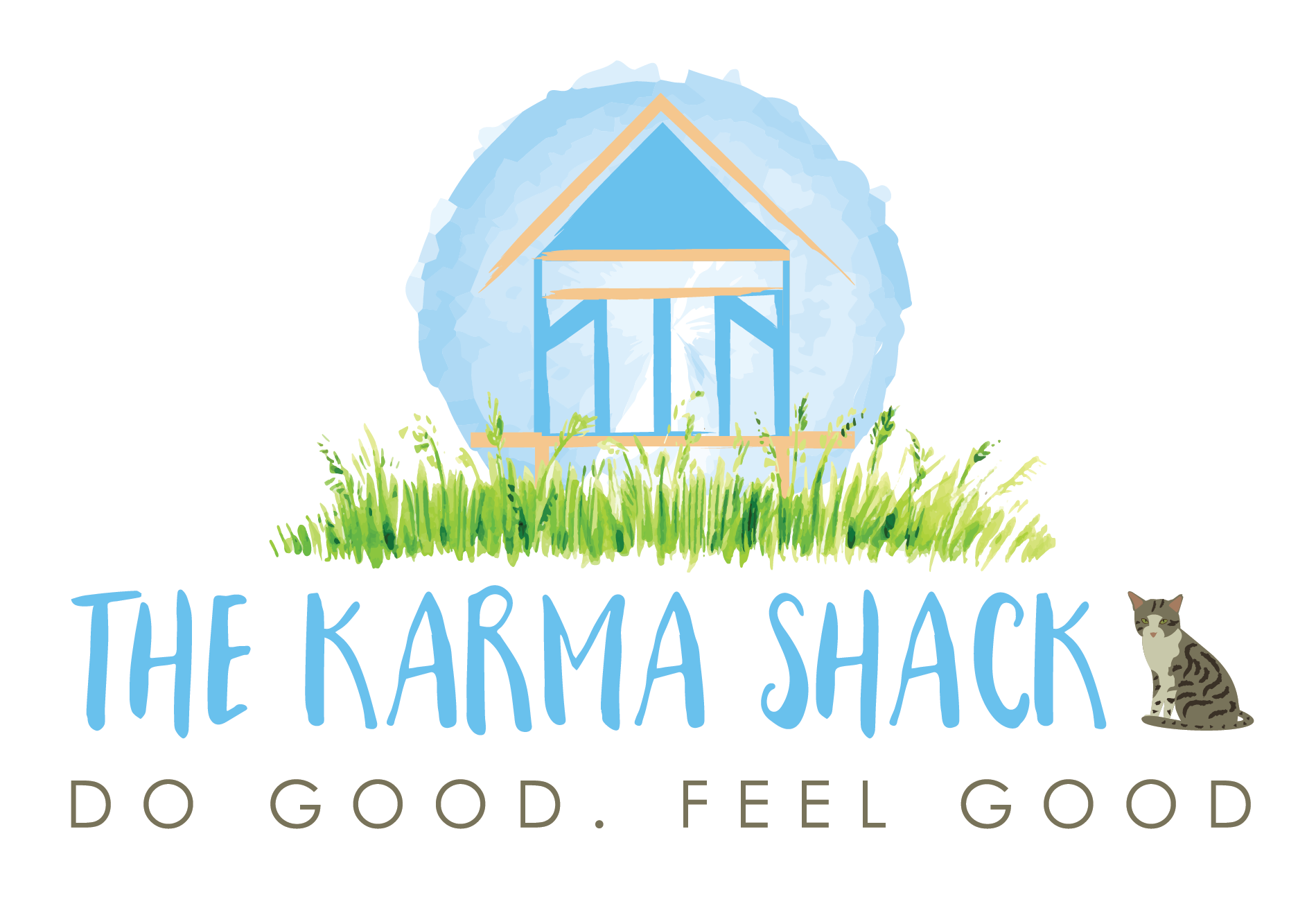
MY (R)EVOLUTION, PART 9.
Since April 18 of this year, Nicaragua has been in a state of social unrest, as some newspapers still want to describe it.
Knowing the history of this country, that only 40 years ago finally came to a democratic solution after 28 years of civil war trying to overthrow a dictatorship, “social unrest” is a bit of an oxymoron.
When hundreds of thousands of people take to the streets in organised protest marches multiple times, throughout the country and for weeks on end, you can still just call that social unrest.
When the main reason for those marches is that 70% of the nation want their president and his wife to step down, calling him a dictator and demanding to return their country to democracy, I’d say that is the start of a revolution, especially when the president does not seem to be wiling to make any concessions towards a peaceful and democratic solution.
When those same people continue their peaceful marches while they are risking getting injured or killed by police violence, I’d call that a civil determination for change that cannot be brought back to rest.
They are willing to give their lives, as their parents and grandparents did half a century ago.
It has made me wonder about the evolution of revolution.
What makes a revolution?
When does “social unrest” graduate and become “a revolution”? Is that only when the change of government has been accomplished, when the dictator has been removed? Or is the whole process of a nation standing up for their democratic and human rights already a revolution in itself?
Or is it just a matter of calling it that? Do we need labels to be put on it by political analysts in the press, to call a situation by its name? Or does it depend on the amount of international attention that a situation draws?
Other than international Human Rights organisations declaring that there are serious issues with human rights in Nicaragua (and have been for the last few decades), foreign governments have pretty much refrained from showing interest in the current situation, and giving it a name: social unrest? revolution? civil war?
I guess for that last one the people need to pick up weapons too, to fight back against the one-sided violence exercised by the government.
So how should we call the current situation here in Nicaragua, where the majority of the population is engaged and involved in this process of standing up for their rights?
By now, 7 weeks in, the situation is intensifying with more violence occurring at a regular basis.
The most oppressive moment was the huge march on Mother’s Day, May 31, commemorating all the mothers that have lost sons since the start of the “social unrest”. About 80 people had died so far.
In several cities throughout the country, police and government-supporting gangs shot into the peaceful marches, killing 16 people just that day. Sixteen people were killed, while peacefully marching for their rights, commemorating those who had already died for democracy since April 18.
“Social unrest” my ass. Nicaragua is on the threshold of a civil war, because pretty soon peaceful marches and road blocks will not be enough anymore to express their dissatisfaction with the government.
Their anger about the violent oppression fed by the loss of so many innocent lives can only be contained for so long, until the final spark will set off the blazing fire of revolution, that is smouldering in the hearts of most Nicaraguans. How long before they will pick up arms?
Will the president let it come to that? Or is he actually pushing for it? Nobody knows, because he is hiding in silence. He and his wife have hardly been seen or heard of since the first public dialogue where representatives of the people put him to shame, on May 16?
I wonder if he is just issuing orders from a safe distance, or if the police is making their own decisions about using violence (The army is eerily quiet, not supporting the government, but also not openly joining the people. You wonder what’s going on within their ranks).
I wonder also how many police officers would rather join the marches and leave their jobs, because they hate violence, and they want democracy and a safe country for themselves and their families, just like everybody else.
I wonder what makes people use violence and kill. What is it that can blind them to the pain they are causing, the lives they are destroying? What makes someone capable to shoot an unarmed 15-year old kid—begging for mercy— through the heart? Is it fear, or anger?
Anger is probably the only “just” cause to fight. But how angry can one get over peaceful protest marches? That doesn’t warrant shooting, in my book.
Are these officers commanded to shoot? Are they shooting out of fear of losing their jobs if they disobey? Have they been brainwashed to believe that shooting innocent people is okay? Do they believe their own lives are in danger? Are they really police officers, or just thugs dressed up in police uniforms? Is it random gang-behaviour?
Can I feel as much compassion for these guys, “doing their jobs”, as I feel for the hundreds of people who are mourning the loss of a loved one killed by them?
Should I?
Words cannot describe or label what the people are going through here in Nicaragua, or can they?
Reporting from a country in chaos, trying to make sense of my own mind.
This is part 9 in a series. Missed any episodes? Find them all here.
